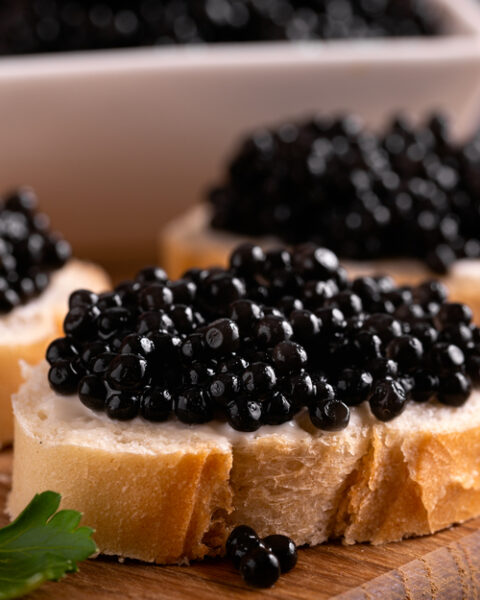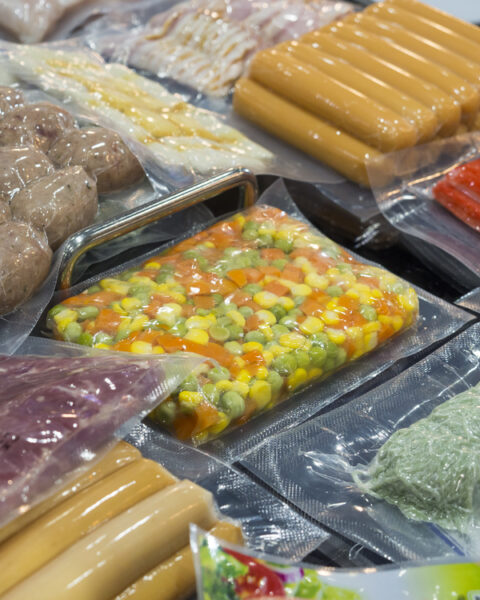We all want to keep our hearts healthy. But sometimes, our favorite foods might be doing more harm than good. Cardiologists have identified certain foods that are particularly bad for our hearts. The high levels of saturated fats, sodium, and sugars in these foods can lead to higher cholesterol, blood pressure, and weight gain. Making smarter food choices can go a long way in keeping your heart in top shape. Here’s a breakdown of what to watch out for and why it’s best to limit these foods:
Contents
- 1 Processed Meats
- 2 Red Meat
- 3 Sugary Beverages
- 4 Deep-Fried Foods
- 5 Pastries and Baked Goods
- 6 Margarine
- 7 Potato Chips and Snack Foods
- 8 White Bread and Refined Grains
- 9 Table Salt
- 10 Butter
- 11 Full-Fat Dairy Products
- 12 Pizza
- 13 Cream-Based Soups and Sauces
- 14 Alcohol
- 15 Fast Food
- 16 Other Foods Containing Trans Fats
- 17 More From RetailShout
- 18 25 Global Street Foods You Must Experience
- 19 10 Best Practices for Keeping Your Food Fresh
Processed Meats

Processed meats such as bacon, sausage, and hot dogs are high in saturated fats and sodium. The high sodium content in these meats can increase blood pressure, leading to a higher risk of heart disease. Moreover, the preservatives used in processed meats can cause inflammation and oxidative stress, further damaging heart health. Studies have shown a correlation between the consumption of processed meats and an increased risk of cardiovascular diseases. It is recommended to limit or avoid these meats to maintain a healthy heart.
Red Meat
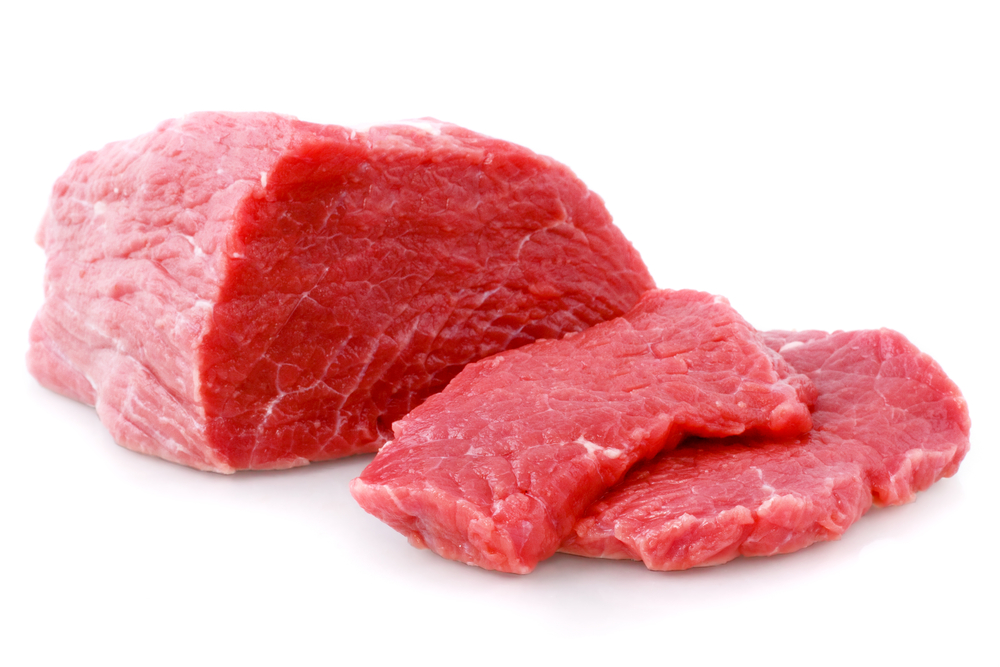
Red meats, including beef, lamb, and pork, contain high levels of saturated fats. These fats can raise LDL (bad) cholesterol levels, leading to plaque buildup in the arteries. Over time, this can result in atherosclerosis, increasing the risk of heart attacks and strokes. Additionally, red meat contains certain compounds that can be converted into harmful metabolites by gut bacteria. Cardiologists advise moderating red meat consumption and opting for leaner protein sources like fish or plant-based proteins.
Sugary Beverages

Sugary beverages, such as sodas and energy drinks, are loaded with added sugars that contribute to obesity and type 2 diabetes, both of which are risk factors for heart disease. Excessive sugar intake can lead to high blood pressure, increased triglycerides, and chronic inflammation. These factors collectively strain the heart and vascular system. Replacing sugary drinks with water, herbal teas, or other unsweetened beverages can significantly benefit heart health.
Deep-Fried Foods

Deep-fried foods, including fried chicken, french fries, and doughnuts, are high in trans fats and calories. Trans fats increase LDL cholesterol and decrease HDL (good) cholesterol, which is detrimental to heart health. The high-calorie content of fried foods can also lead to weight gain and obesity. Moreover, frying food can produce harmful compounds that contribute to inflammation. Avoiding fried foods and choosing healthier cooking methods like baking or grilling is recommended.
Pastries and Baked Goods

Pastries, cakes, and other baked goods often contain high levels of sugar, refined flour, and unhealthy fats. These ingredients can spike blood sugar levels and lead to insulin resistance over time. The consumption of these foods is linked to increased triglycerides and cholesterol levels. Many baked goods also contain trans fats, which are particularly harmful to the cardiovascular system. Opting for whole-grain baked goods with minimal added sugars can be a healthier choice.
Margarine

Margarine, especially the hard, stick varieties, can contain trans fats that negatively impact heart health. Trans fats are known to increase LDL cholesterol while lowering HDL cholesterol. This imbalance can lead to the buildup of arterial plaque and increase the risk of heart disease. Even though some margarines are marketed as heart-healthy, it is important to read labels carefully and choose those free from trans fats. Using alternatives like olive oil or avocado can provide healthier fats for cooking and spreading.
Potato Chips and Snack Foods
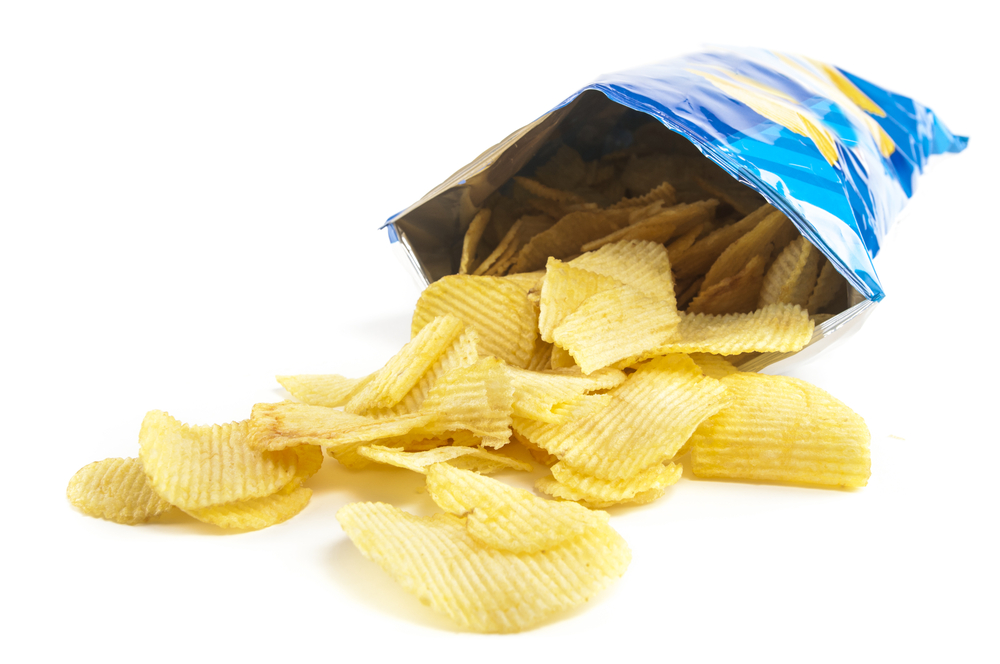
Potato chips and similar snack foods are often high in salt and unhealthy fats. The high sodium content in these snacks can lead to hypertension, which is a major risk factor for heart disease. Additionally, the unhealthy fats used in these snacks can increase cholesterol levels. Frequent consumption of these snacks contributes to weight gain and poor heart health. Opting for healthier snacks like nuts, seeds, or fresh fruits is a better choice for maintaining cardiovascular health.
White Bread and Refined Grains
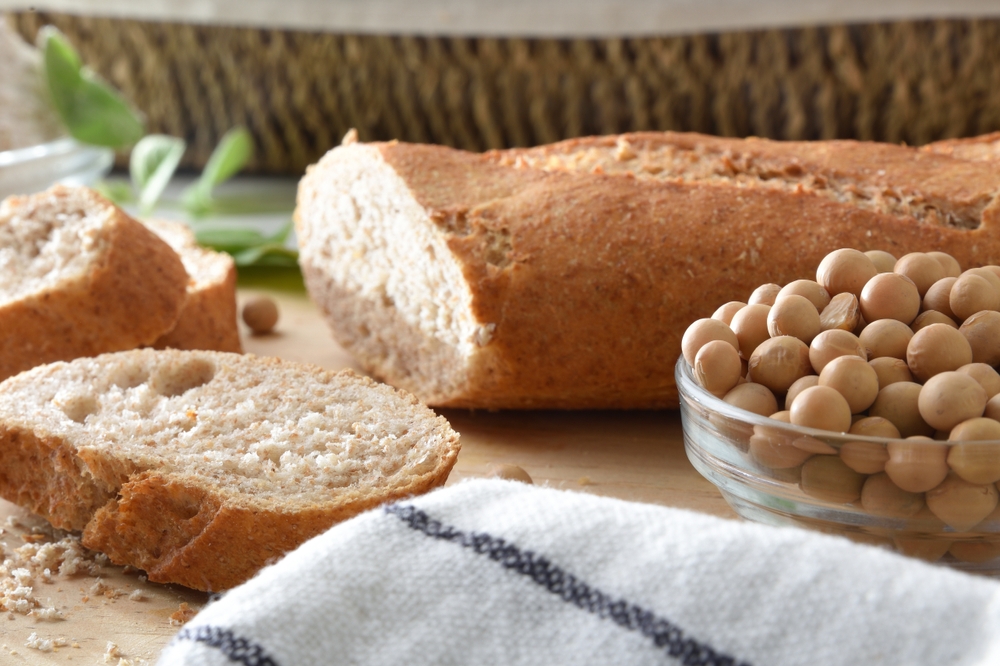
White bread and other refined grain products lack fiber and essential nutrients. They can cause rapid spikes in blood sugar levels, which can contribute to insulin resistance and type 2 diabetes. These refined carbohydrates can also lead to increased triglycerides and fat accumulation in the body. Choosing whole-grain alternatives, which contain more fiber and nutrients, can help maintain stable blood sugar levels and improve heart health.
Table Salt
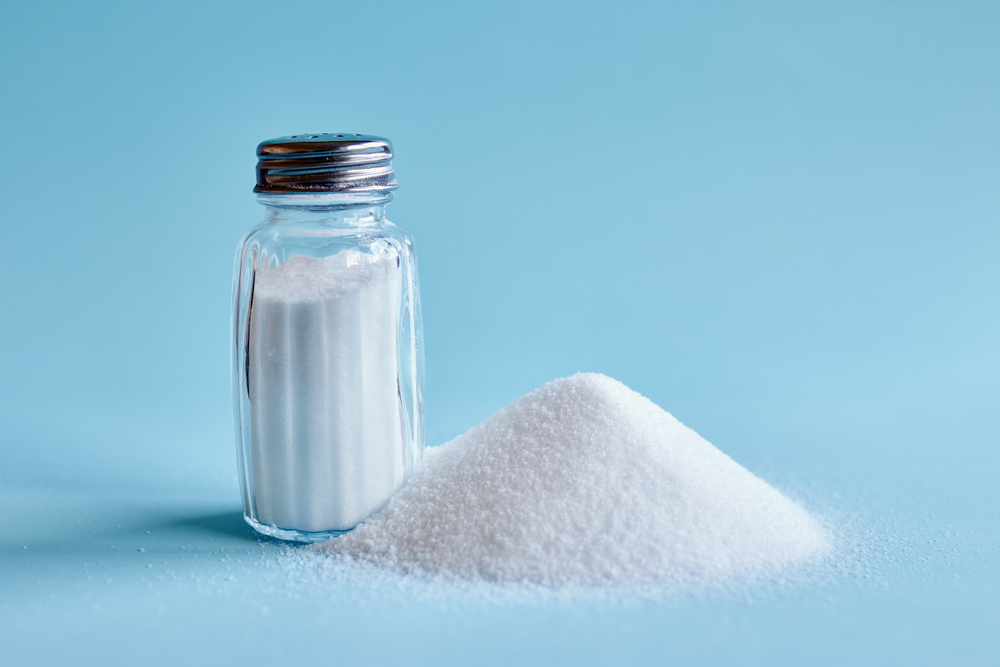
Excessive salt intake is a major contributor to high blood pressure. High blood pressure increases the workload on the heart and can lead to the hardening and thickening of the arteries. This, in turn, increases the risk of heart attack and stroke. Many processed and packaged foods contain high levels of sodium, making it important to read labels and choose low-sodium options. Reducing salt in cooking and avoiding adding extra salt at the table can help manage blood pressure levels.
Butter
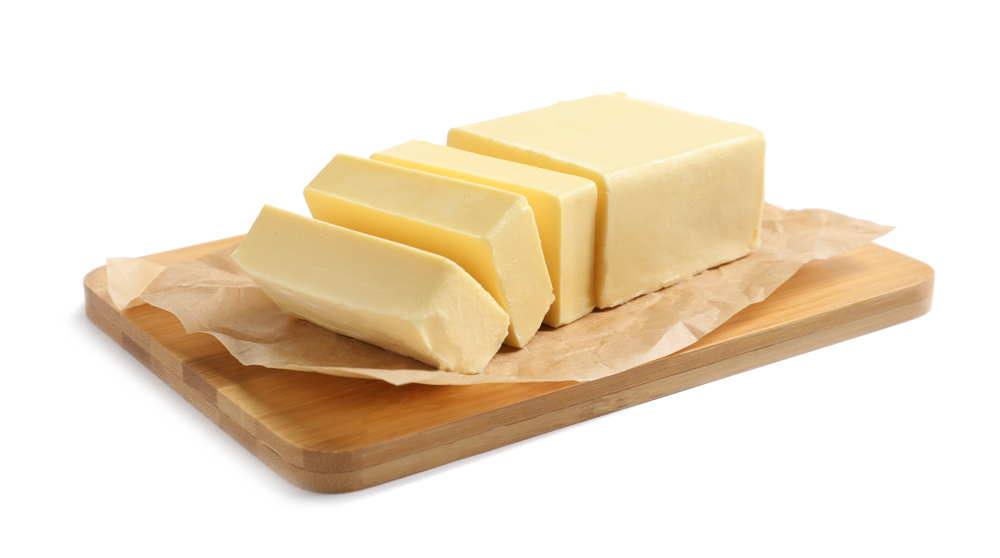
Butter is high in saturated fats, which can raise LDL cholesterol levels and increase the risk of heart disease. Saturated fats contribute to the buildup of plaque in the arteries, leading to atherosclerosis. Replacing butter with healthier fat sources like olive oil, which contains monounsaturated fats, can help lower cholesterol levels. Using plant-based spreads or nut butters can also be a heart-healthier option for spreads and cooking.
Full-Fat Dairy Products
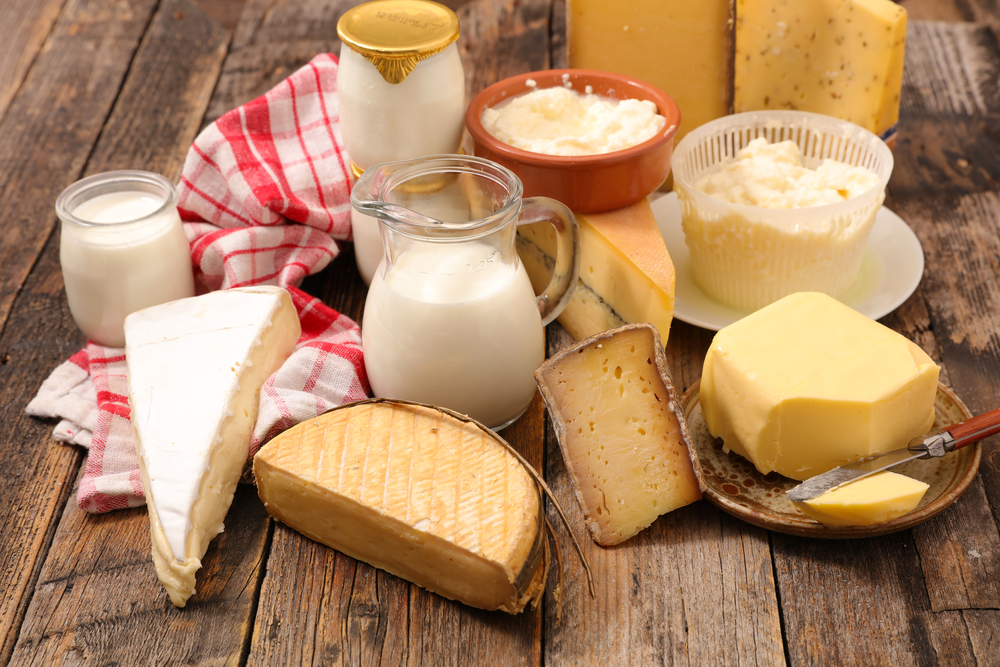
Full-fat dairy products, including whole milk, cheese, and cream, are high in saturated fats. These fats can increase cholesterol levels and contribute to the development of heart disease. Cardiologists recommend opting for low-fat or fat-free dairy alternatives to reduce the intake of saturated fats. Plant-based milk options like almond, soy, or oat milk can also be healthier choices that are lower in saturated fats.
Pizza

Pizza often contains high levels of saturated fats, sodium, and refined carbohydrates. The combination of cheese, processed meats, and refined dough makes pizza a less-than-ideal choice for heart health. These ingredients can contribute to high blood pressure, cholesterol, and weight gain. Making homemade pizza with whole-grain crust, lean proteins, and plenty of vegetables can be a healthier alternative. Limiting pizza consumption or choosing healthier toppings can also benefit heart health.
Cream-Based Soups and Sauces
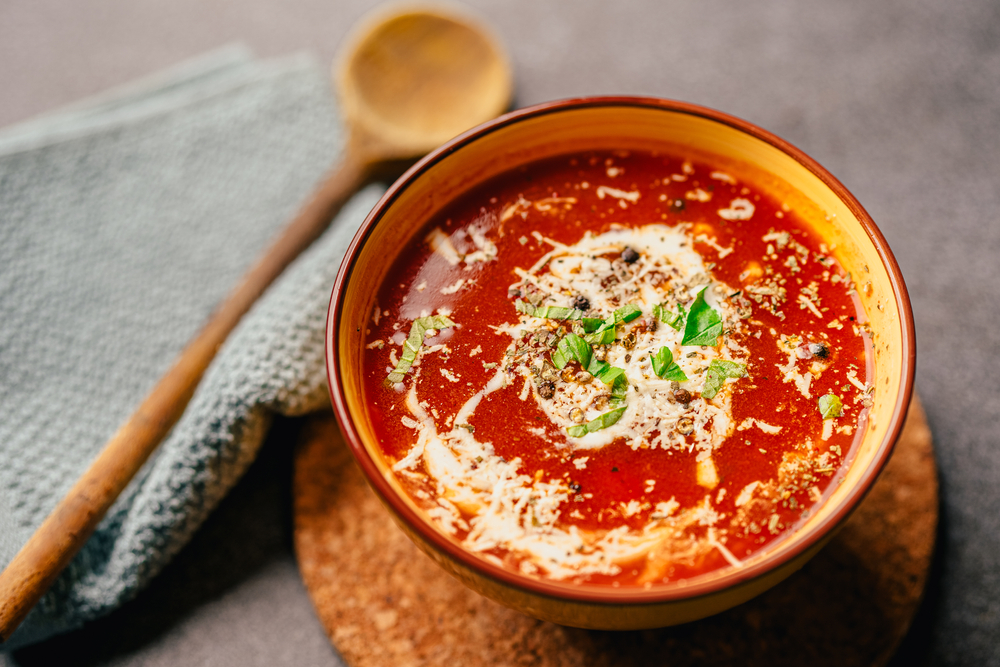
Cream-based soups and sauces are typically high in saturated fats and calories. These ingredients can contribute to weight gain and elevated cholesterol levels. Additionally, many cream-based products contain high amounts of sodium, further increasing the risk of hypertension. Opting for broth-based soups and sauces made with healthy fats and fresh ingredients can be a better choice for maintaining heart health.
Alcohol

Excessive alcohol consumption can lead to high blood pressure, cardiomyopathy, and an increased risk of stroke. Alcohol can also contribute to weight gain and interfere with the liver’s ability to manage fats and cholesterol. While moderate alcohol consumption may have some heart benefits, excessive drinking is clearly harmful. Limiting alcohol intake to the recommended levels can help reduce these risks and support overall heart health.
Fast Food
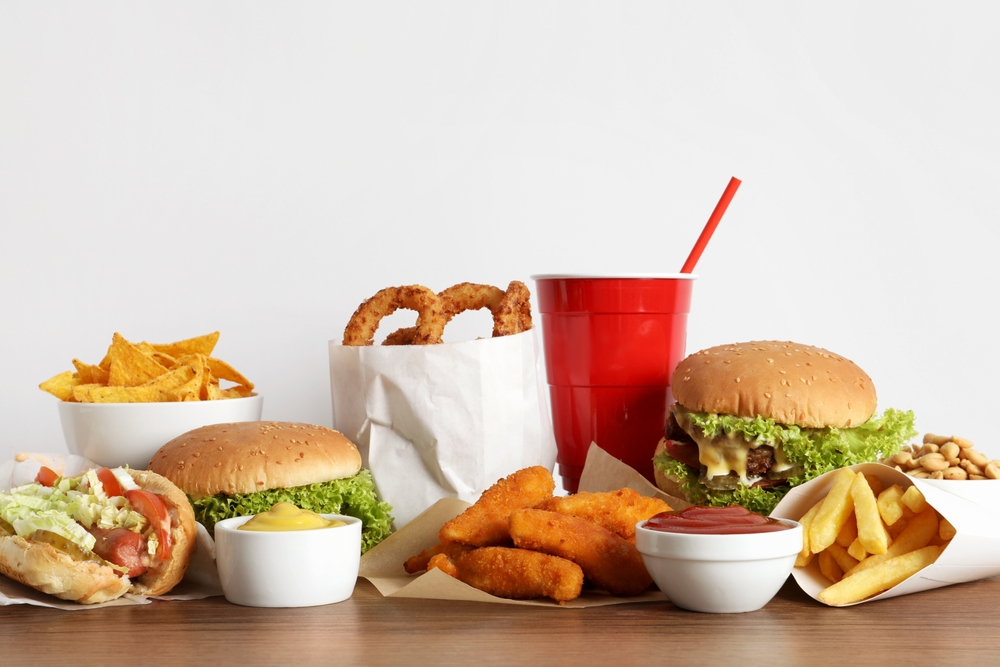
Fast food items are often high in unhealthy fats, sodium, and refined carbohydrates. Regular consumption of fast food can lead to weight gain, high blood pressure, and increased cholesterol levels. These factors significantly raise the risk of developing heart disease. Choosing healthier, home-cooked meals made from whole foods can greatly benefit heart health. When eating out, looking for restaurants that offer healthier options can help mitigate the risks associated with fast food.
Other Foods Containing Trans Fats

Foods containing artificial trans fats, such as some non-dairy creamers, and packaged snacks, are harmful to heart health. Trans fats raise LDL cholesterol and lower HDL cholesterol, increasing the risk of heart disease and stroke. Avoiding foods with partially hydrogenated oils and choosing products with no trans fats can support heart health.
This article originally appeared on RetailShout
More From RetailShout
15 Low-Sodium Foods for a Healthier Diet

Maintaining a low-sodium diet is essential for those looking to improve their heart health, reduce blood pressure, and enhance overall well-being. While it might seem challenging to find flavorful and satisfying foods that are also low in sodium, there are plenty of delicious options available. Read More.
25 Global Street Foods You Must Experience
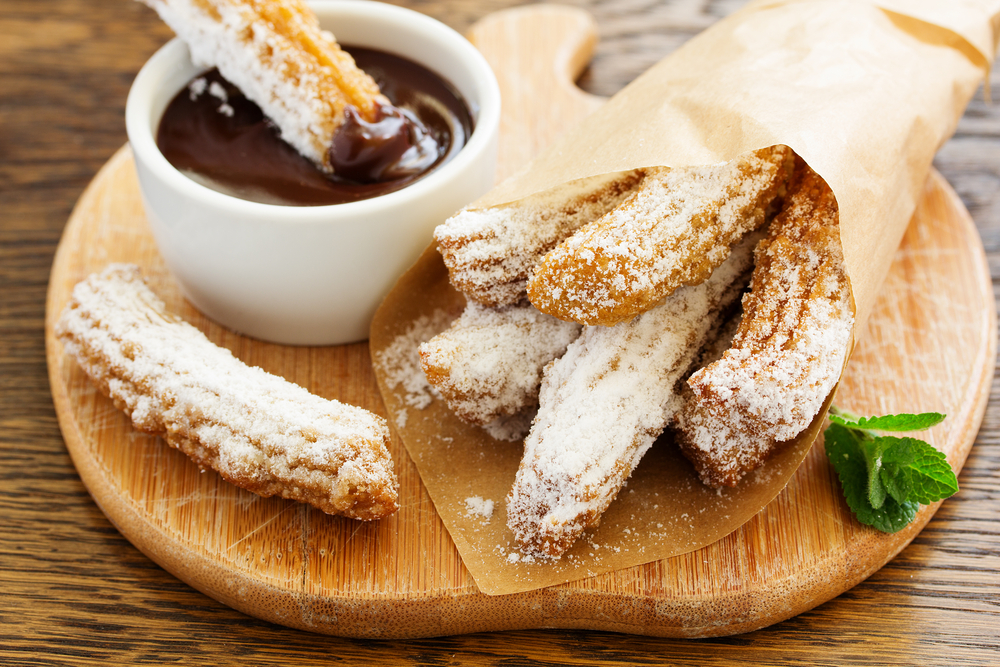
Traveling the world through its street food is one of the best ways to experience diverse cultures and flavors. Street food is often crafted with care and passion, showcasing the ingenuity and resourcefulness of local cooks. Read More.
10 Best Practices for Keeping Your Food Fresh
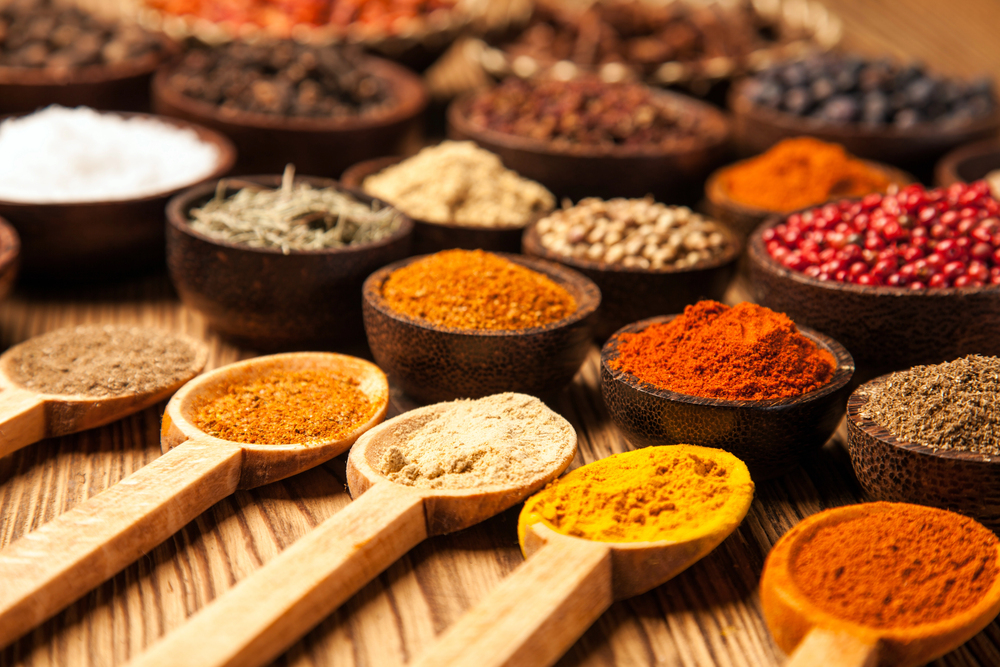
Food storage can often be a challenge, especially with a busy lifestyle. However, mastering a few simple techniques can make a big difference in how long your food stays fresh and tasty. Read More.

